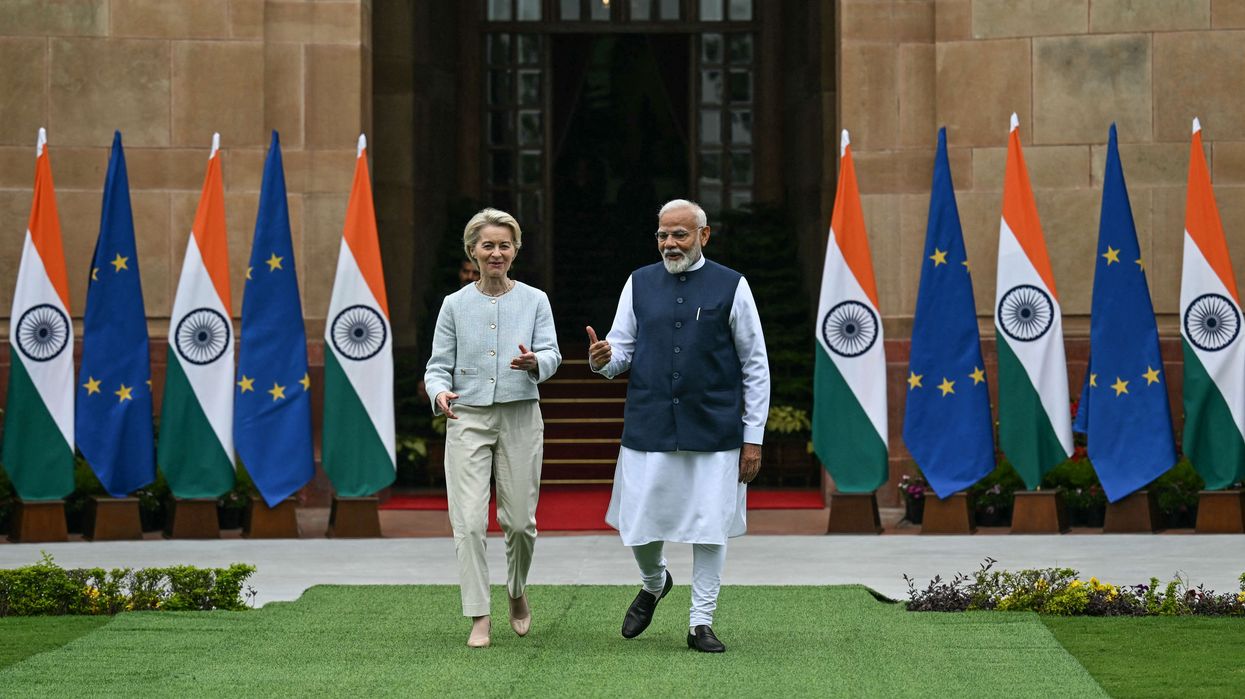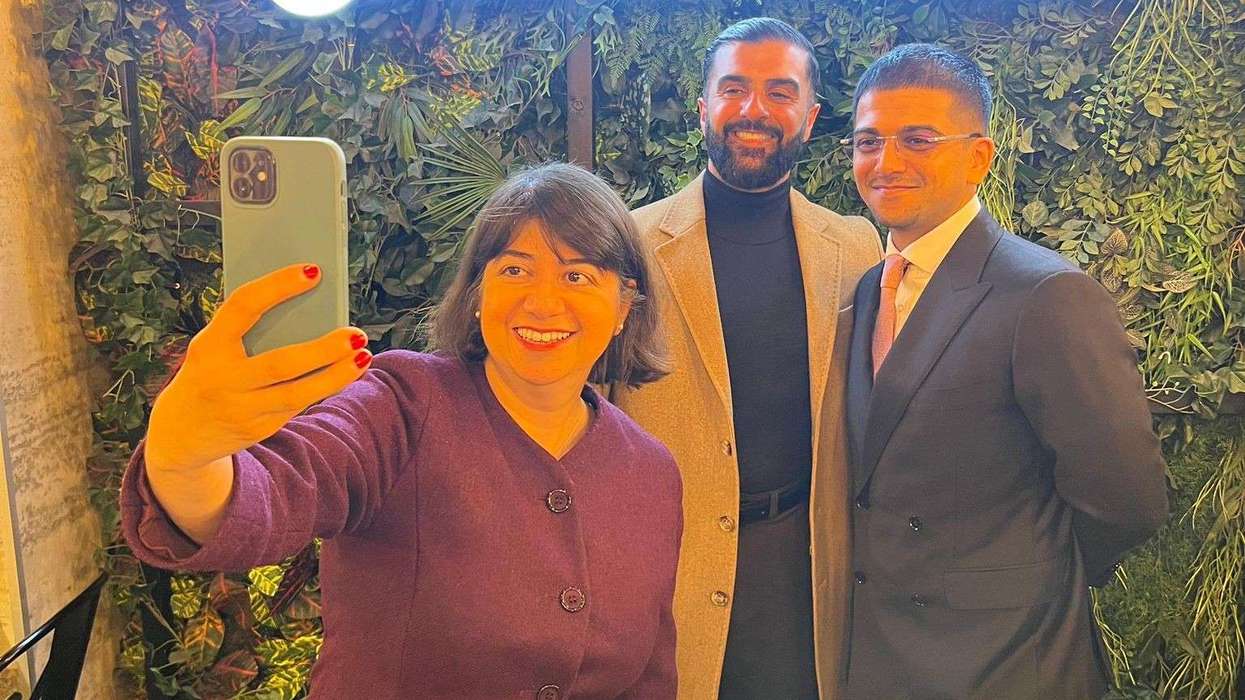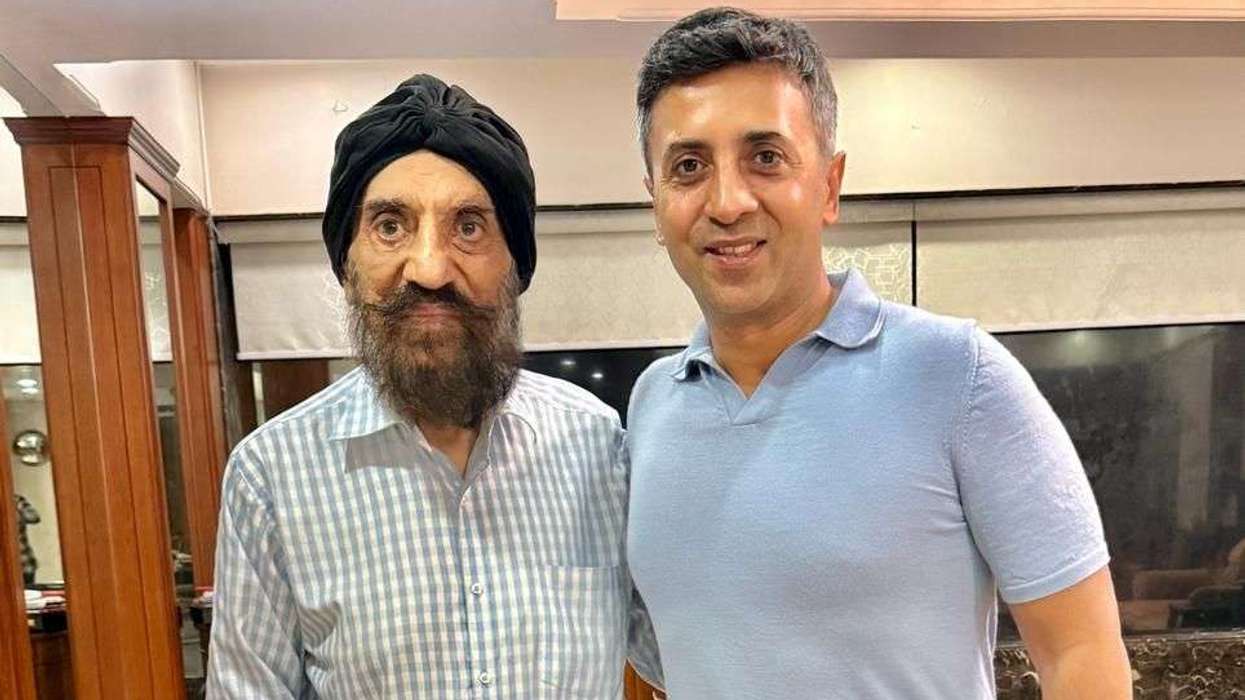THE EUROPEAN Council on Monday approved conclusions on a ‘New Strategic EU-India Agenda’ earlier announced by the European Commission, welcoming the “strong impetus” it gives to relations between the European Union and India.
The Belgium-based council, which sets the general political direction and priorities of the 27-member bloc, highlighted efforts on both sides to conclude an India-EU free trade agreement (FTA) by the end of the year.
The council’s conclusions endorse the Joint Communication on the new agenda and its goal of deepening EU-India ties across prosperity and sustainability, technology and innovation, security and defence, connectivity, and global issues.
“The council welcomes in particular efforts to conclude a balanced, ambitious, mutually beneficial and economically meaningful free trade agreement, which the European Commission and the Indian government aim to finalise by the end of the year,” the council said in a statement.
“Such agreement must include enhanced market access, removal of trade barriers, and provisions on sustainable development,” it added.
The European Council noted that closer collaboration between the EU and India on security and defence matters, based on mutual trust and respect, is of particular importance given the current complex geopolitical situation.
“The council takes note of the intention to pursue work towards the establishment of a security and defence partnership, which could also facilitate defence industrial cooperation when appropriate,” it stated.
It said the EU will continue to engage with India on all aspects of “Russia’s war of aggression against the Ukraine”. The council also emphasised the shared capacity and responsibility of the EU and India to uphold multilateralism and the rules-based international order with the UN Charter at its core, as well as the multilateral trading system, particularly the World Trade Organisation (WTO).
“The promotion and protection of democratic values and norms, international law and human rights, including the rights of women and children, is an intrinsic part of the EU-India strategic agenda,” it said.
The council called on the European Commission to advance the articulation and implementation of the ‘New Strategic EU-India Agenda’ based on the priorities set out in the Joint Communication issued last month.
The move follows the visit of the EU College of Commissioners to India in February this year, which laid the foundation for a “new chapter in EU-India relations”.
During that visit – the first of its kind to the Indo-Pacific – both sides committed to elevating the Strategic Partnership to a higher level to boost shared prosperity, strengthen security, and tackle major global challenges together, according to the Joint Communication.
(With inputs from agencies)




